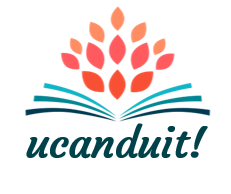There are several adult learning theories, principles, and best practices, that promote building and sustaining effective communities. These include critical thinking, active learning, collaborative learning, experiential learning, self-directed learning, and social cognitive learning that we’ll talk about another day. Today, let’s take a look at transformational learning, after all, isn’t that what we seek to see in our students? So, what is involved in transformative learning and how do we get there?
Transformative learning is about the change that occurs when our understanding is profoundly altered to a new and different way of thinking. According to Merriam, Caffarella, and Baumgartner (2007) there are three key concepts that are linked to transformative learning:
- life experiences,
- the nature of critical reflection, and
- the connection between transformative learning and development (p. 144).
They say it is not the experience itself that provides learning rather it is critically reflecting on the experience to make sense of it and construct new knowledge from it. Brookfield (2012) offers a four-step process for critical reflection that leads to transformative learning:
- identify prevailing assumptions,
- investigate the degree to they are accurate and valid,
- look at thoughts from several different perspectives, and finally,
- take informed action (p. 1)
The role of the instructor is to build trust, encourage, and facilitate relationships among the students in the learning community as they share and seek to make meaning of their life experiences. It is the learner’s responsibility to contribute to the learning community by creating and building on what the instructor has modeled.
Learners who have an inherent interest in a course of study because it is relevant to some aspect of their life will experience learning deeper. They will also be able to competently apply it to their lives.
Because transformative learning is entrenched in the meaning-making process it is essential to online learning communities. It is imperative that the community provide and support dialog for critical reflection that includes the learner’s experience where appropriate.
